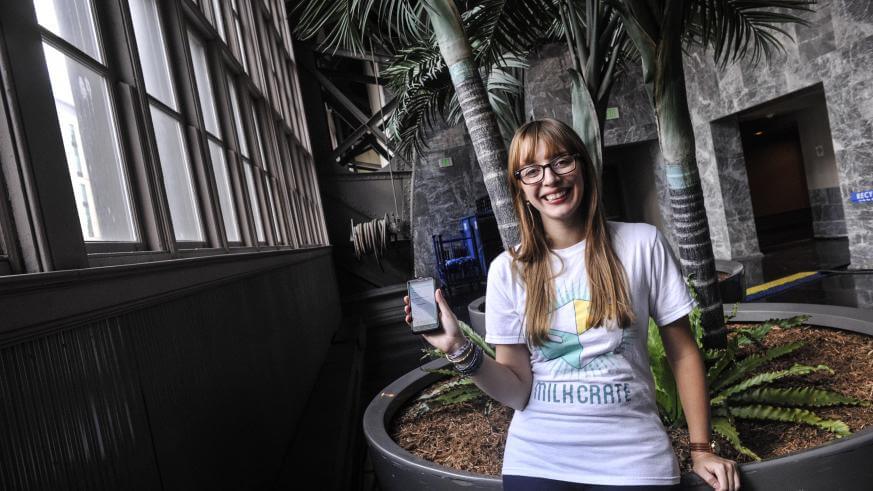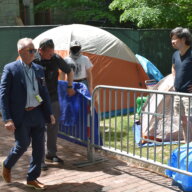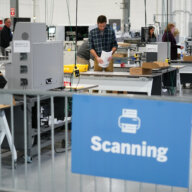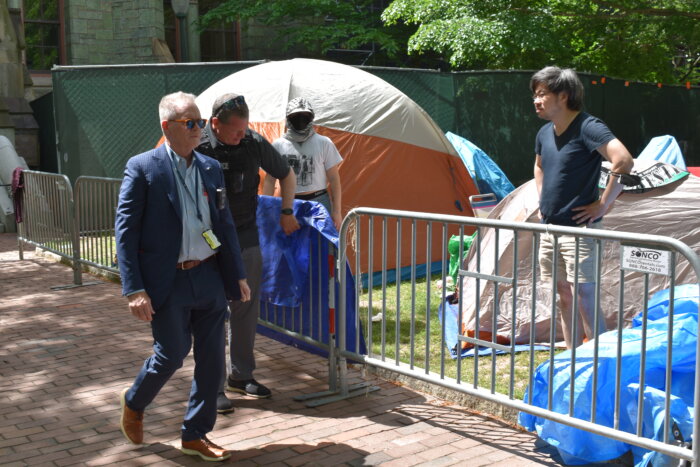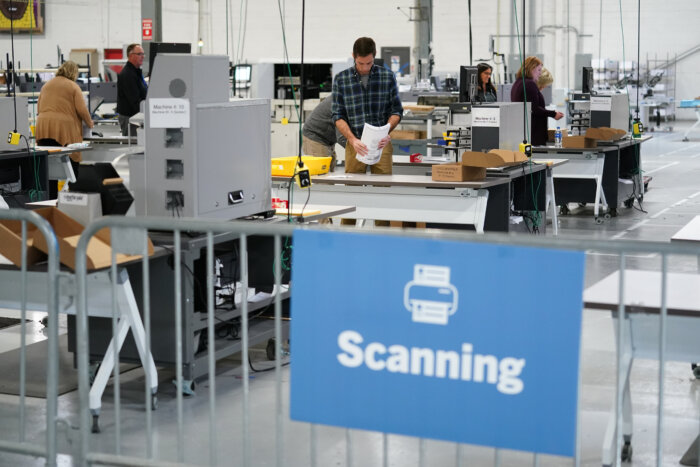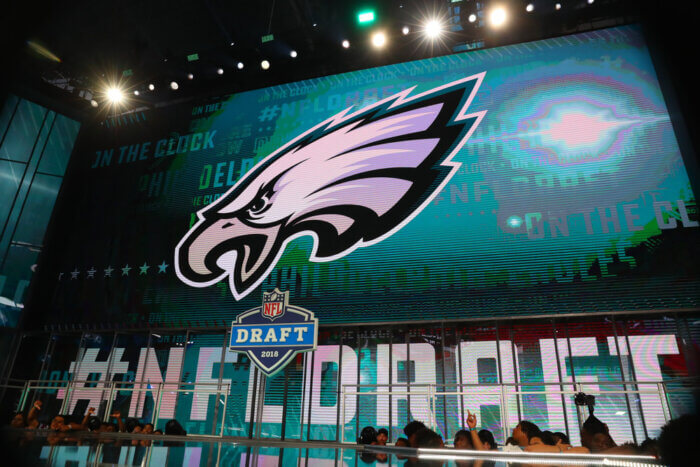When Comcast completes their second skyscraper and Philly’s new tallest building next year – the $1.2 billion ‘technology and innovation center’ – it will bring with it an estimated 1.500 new jobs in tech.
And, as a city that has seen steady growth in its information technology industry since 2001 – the Chamber of Commerce found an average growth of 4.4-percent over the rest of the region – it seems Philadelphia is fertile ground for tech jobs on the East Coast.
But, is the city as friendly to start-ups as it seems to be for a giant corporation like Comcast?
The numbers seem to indicate that they do. According to the Chamber of Commerce, since 2013, more than 361 companies in the Philadelphia region have garnered over $1.5 billion in venture funding and, last year, Philadelphia was named number 18 of the top 20 cities in the world for venture capital investment.
Not bad for a city struggling with severe poverty and known as the poorest big city in the country.
What then, is Philadelphia doing right, and what does the tech scene still need?
“I’ve taken advantage of what this city has to offer,” said Morgan Berman, CEO and Founder of Milkcrate LLC, a startup that works with large companies to track and grow their impact.
Berman said that Philadelphia’s tech scene is thriving with things like Philly Start Up Leaders – a network of entrepreneurs that provides resources for startups – and the annual Philly Tech Week, which was just held last month. Berman said Tech Week is a “phenomenal” event that could compete with notable similar events, like South by Southwest, held in Austin, Texas.
“They do a great job of bringing people together,” she said of the event.
She also touted the city’s efforts in supporting startups, complimenting the work of Philadelphia’s director of entrepreneurial investment, Archna Sahay. Though Sahay is expected to leave the office in mid-July, Berman said that role is an important one to entrepreneurs like her in providing a healthy “give-and-take” between startups and government.
“The city has invested so much by creating that position,” she said.
Christopher Wink, co-founder and editorial director of Technical.ly – a technology focused publication with offices in cities along the East Coast and organizer of Philly Tech Week – said that Philadelphia has “some of the pieces” needed to become a leader in tech, like California’s Silicon Valley, but “we can always do more.”
“There is no community in the country that says, ‘don’t worry about us, we have enough investments,’” joked Wink.
The Temple graduate said that in his eight years of working in the tech scene, he’s seen Philly’s the community grow significantly, but he would like to see more national, larger companies come into the city.
“We need more serious, successful companies,” he said. “The single most important brick is a legacy of successful companies.”
It’s a concern that Berman echoed, saying that larger tech companies have overlooked Philadelphia for too long.
“It’s high time that larger companies have a presence here in the city,” said Berman.
Without having hardworking, well-performing startups, Wink said, the city could miss out on potentially, what’s next. But, he said, larger companies provide stability.
“We like big companies because they, mostly, stick around,” he said. “But, without new engines that are growing, we miss what could potentially come.”
That said, Wink argued that Philadelphia’s tech scene is still relatively young – especially compared to that of the much-touted Silicon Valley – and there is always room to grow.
“We still are relatively new to this,” he said.



